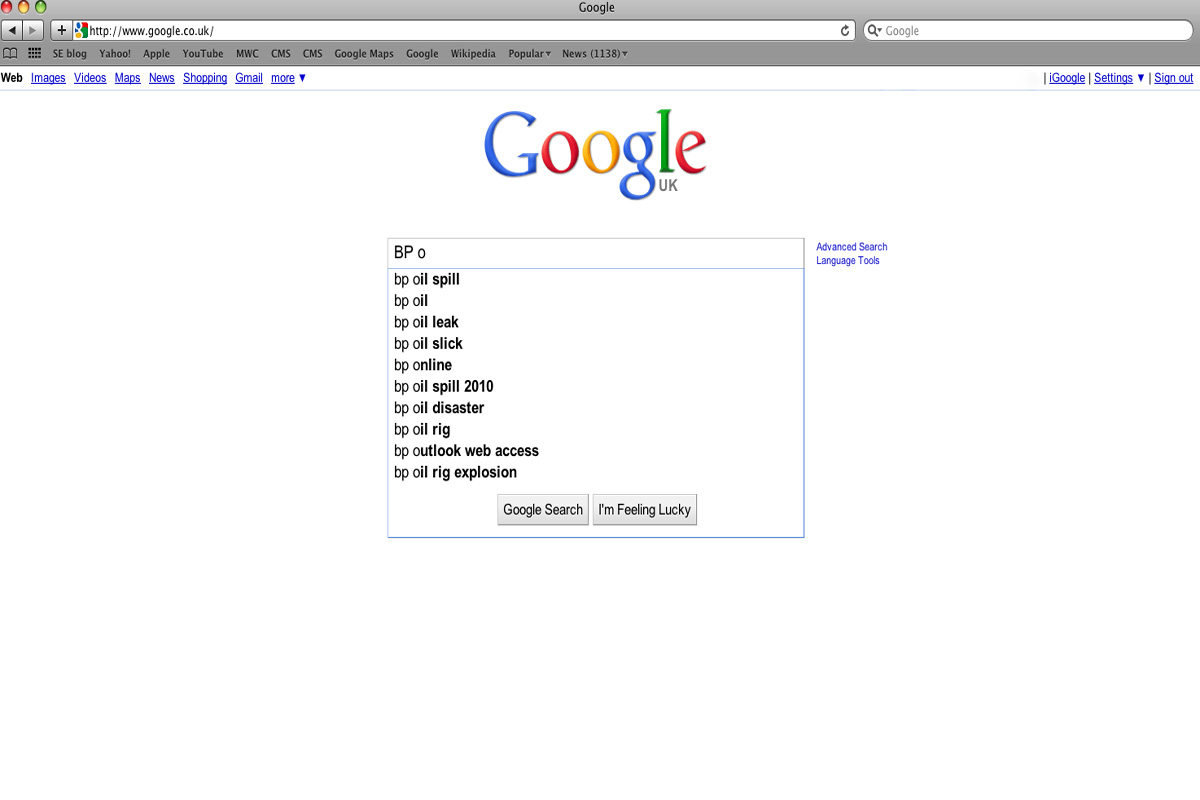Yell.com pushes local business search
The famous directory uses emerging data mining tools to add location-based searches.

Sign up today and you will receive a free copy of our Future Focus 2025 report - the leading guidance on AI, cybersecurity and other IT challenges as per 700+ senior executives
You are now subscribed
Your newsletter sign-up was successful
Yell.com, the online directories business, is mining its unstructured data to help consumers find local businesses.
The company has installed new search servers to scan through unstructured information to speed up searches of its business listings.
Yell.com is currently using the search servers for its web-based directories and will use it to run its mobile channels from January.
The company picked the search technology from vendor MarkLogic after an evaluation process. Alternatives considered included the open source tool Lucene, according to Daniel Booth, search development manager for Yell in the UK.
"MarkLogic has given us more flexibility in search and product development, enabling Yell.com to evolve to meet the changing needs of both advertisers and consumers," said Booth.
"We have been able to hit site performance targets as well as introducing new features especially in geo-spatial search."
According to John Pomeroy, vice president for Europe at MarkLogic, technologies that can scan through unstructured data - rather than relying on relational databases - are growing in importance due to their flexibility and speed of deployment.
Sign up today and you will receive a free copy of our Future Focus 2025 report - the leading guidance on AI, cybersecurity and other IT challenges as per 700+ senior executives
MarkLogic's search server can scan through any XML document, said Pomeroy, removing the need for data owners to add metadata to documents or copy them to a content or knowledge management system.
In some cases, customers were able to reduce the number of servers used for data mining significantly - in one case from 35 to just three.
The technology is gaining ground in science and medicine as well as in publishing. MarkLogic provides the technology behind with Wiley Custom Select, a custom publishing tool for academic course texts, and recently won a deal with Kopinor, which manages copyright for the publishing arms across Norway's universities.
Gartner, the research firm, argued in a recent report businesses should invest more in data management.
-
 AWS CEO Matt Garman isn’t convinced AI spells the end of the software industry
AWS CEO Matt Garman isn’t convinced AI spells the end of the software industryNews Software stocks have taken a beating in recent weeks, but AWS CEO Matt Garman has joined Nvidia's Jensen Huang and Databricks CEO Ali Ghodsi in pouring cold water on the AI-fueled hysteria.
-
 Deepfake business risks are growing
Deepfake business risks are growingIn-depth As the risk of being targeted by deepfakes increases, what should businesses be looking out for?
-
 Bing’s problem isn’t its lack of appeal… it’s Google’s aggressive market tactics
Bing’s problem isn’t its lack of appeal… it’s Google’s aggressive market tacticsOpinion The search engine claims it’s been hamstrung by Google’s dominance in the search space. Does it have a point?
-
 Yahoo reworks Bing deal to keep hand in search
Yahoo reworks Bing deal to keep hand in searchNews Bing there, done that, got the ad revenue: Marissa Mayer wants Yahoo to take back its search functionality
-
 Google 'close to facing formal charges' in EU antitrust case
Google 'close to facing formal charges' in EU antitrust caseNews EU may issue formal charges against search engine giant in bid to inspire reform
-
 Google finally reaches settlement in European antitrust case
Google finally reaches settlement in European antitrust caseNews Google reaches conclusion in long-running antitrust case.
-
 European Commission proposes settlement for Google over antitrust case
European Commission proposes settlement for Google over antitrust caseNews Regulators give search giant chance to settle over investigation into alleged abuse of search engine dominance.
-
 Does anyone still Yahoo?
Does anyone still Yahoo?News Inside the Enterprise: Carol Bartz’ departure from Yahoo! is further evidence that large, monolithic websites have had their day.
-
 BP buys Google oil spill search ad space
BP buys Google oil spill search ad spaceNews BP says it's simply providing information on the clean-up efforts, but critics say the move is an attempt to manipulate public opinion.
-
 Year in Review: Tech mergers and acquisitions in 2009
Year in Review: Tech mergers and acquisitions in 2009News We take a look back at the biggest deals in the tech industry throughout 2009.